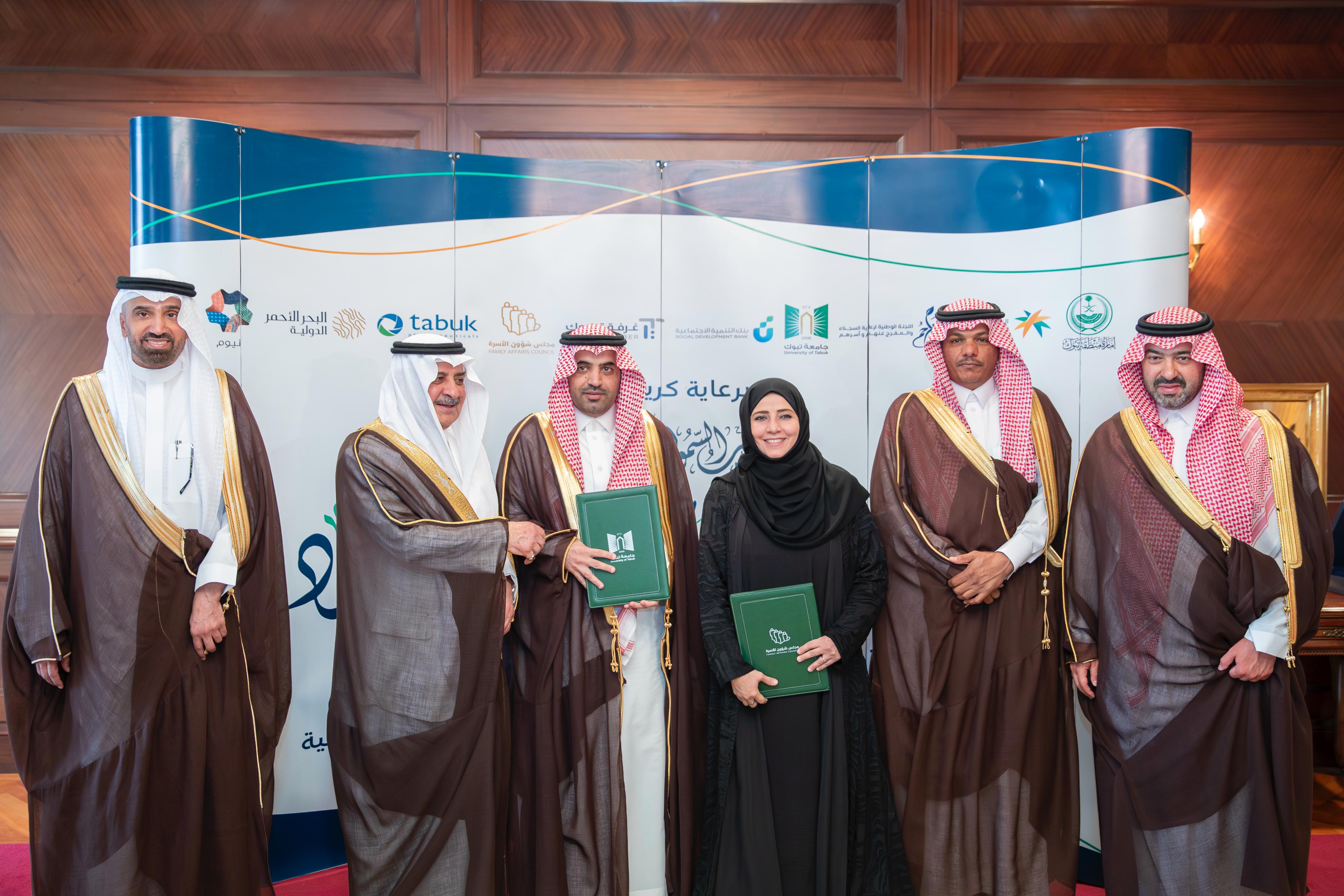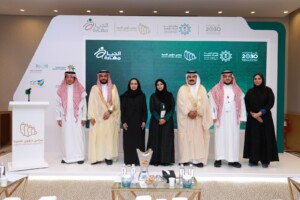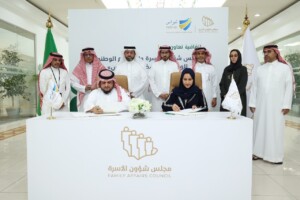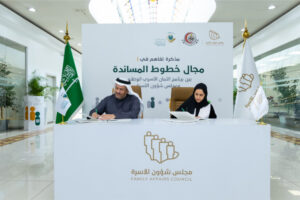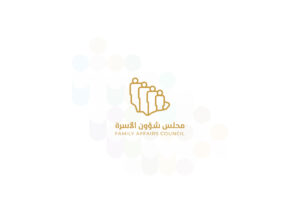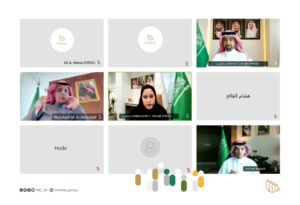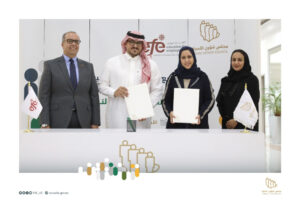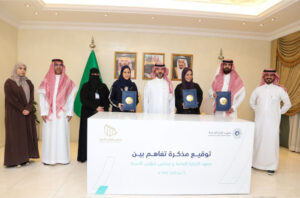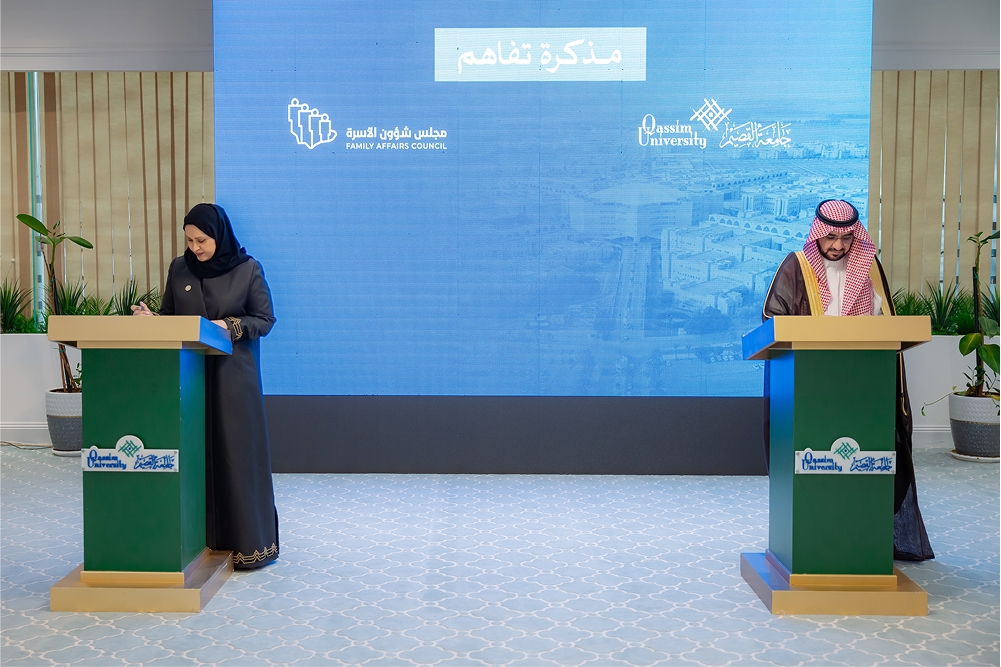
Qassim, May 12 2025
The Family Affairs Council, represented by its Secretary-General, Dr. Maimoonah Al Khalil, signed a Memorandum of Understanding with Qassim University, represented by its President, Prof. Mohammed Fahad Al-Sharikh. The signing took place today, Monday, May 12, 2025, at Qassim University.
This agreement aims to strengthen collaboration in the implementation of national initiatives related to family development, in line with Saudi Vision 2030’s goals of empowering families and enhancing their participation in sustainable development. It reflects the spirit of partnership between educational and social institutions in supporting the family unit.
The partnership stems from the mutual desire of both parties to activate the outcomes of the National Family Strategy through training programs, awareness activities, and practical applications within the university and wider community environments. The goal is to create a positive impact and effectively deliver purposeful messages to families and target groups.
The MoU also aims to enhance the Family Affairs Council’s outreach to community members through a knowledge and social partnership with the university, supporting awareness-raising efforts, encouraging volunteerism, and promoting integration with relevant academic disciplines.
Through this memorandum, Qassim University also seeks to contribute to the transfer of family-related initiatives to the local community across all segments of society, through its colleges and centers, supporting family stability and contributing to improving the quality of life for families across the Kingdom.
The memorandum outlines areas of cooperation between the two parties, including the preparation of joint studies and research, exchange of expertise, and collaboration on national priority issues in the field of family affairs.
This memorandum is part of a series of agreements the Family Affairs Council is establishing with educational and development institutions across the Kingdom, aiming to strengthen the family’s presence at the heart of national policies and initiatives, and to consolidate its stability as the cornerstone of society.
